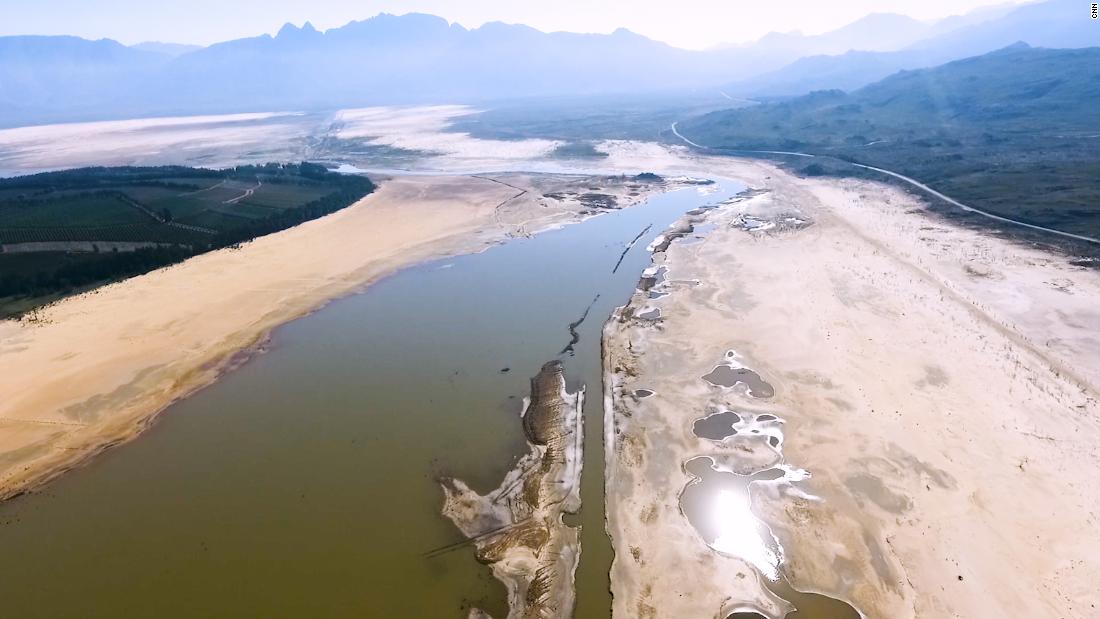DAY ZERO: drought and resentment in Cape Town (PART II)
Have a look to understand what is happening seriously in South Africa

Many users accuse the managers of not having acted with enough foresight to face this crisis in an area that has previously been affected by other droughts. In addition, there are 22,000 private wells in the city. If, as it is expected, when the restriction reaches 50 liters per inhabitant a day, the owners start using these waters without previous analysis and treatment, the catastrophe will be even greater.
This article is part of the Global UrbanTIC® and Smart Cities Certification Program is designed to fill the current gap between the two most influential groups in Smart City systems implementation; it puts both city management professionals and technological entrepreneurs in contact, developing a common language in order to promote innovation in the current development of cities.
BECOME A SMART CITY MANAGER AND GET THE SKILLS AND COMPETENCES TO TAKE DECISIONS IN A TERRITORIAL LEVEL.













